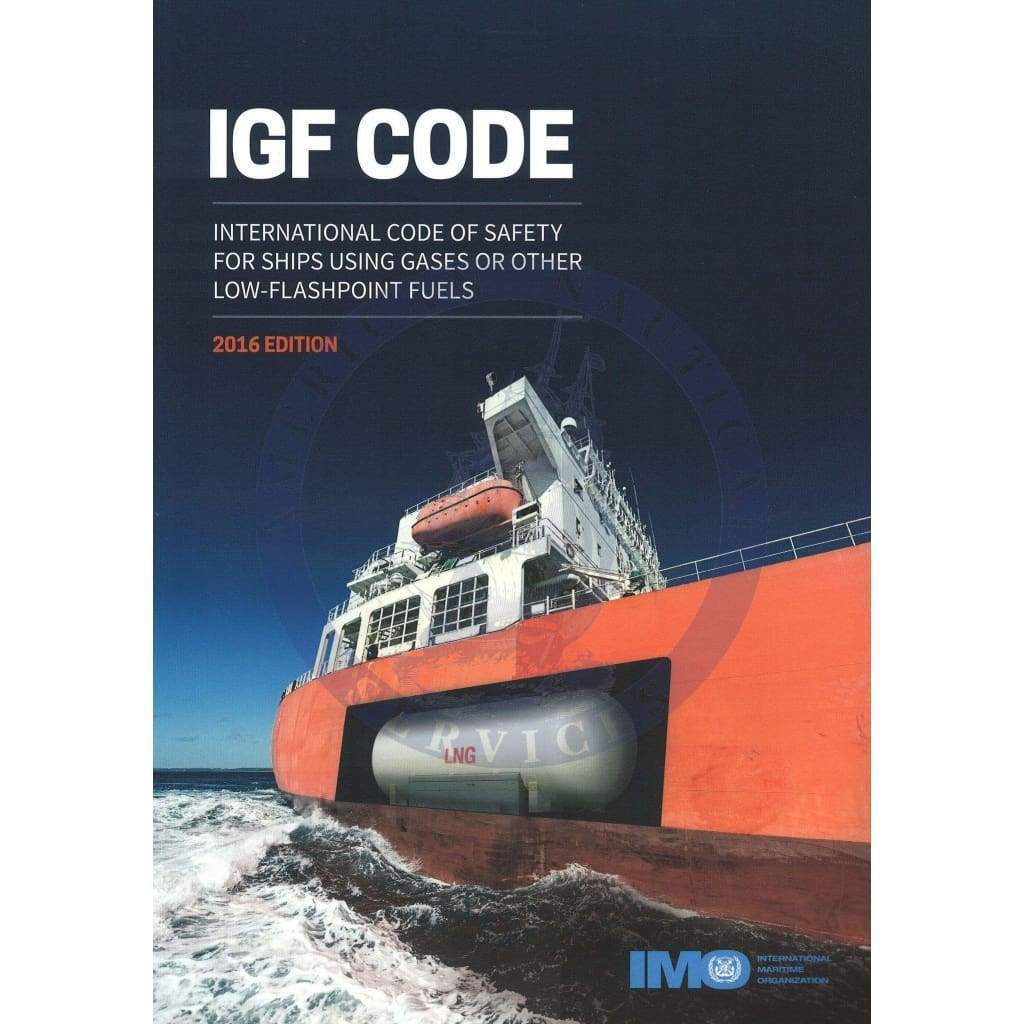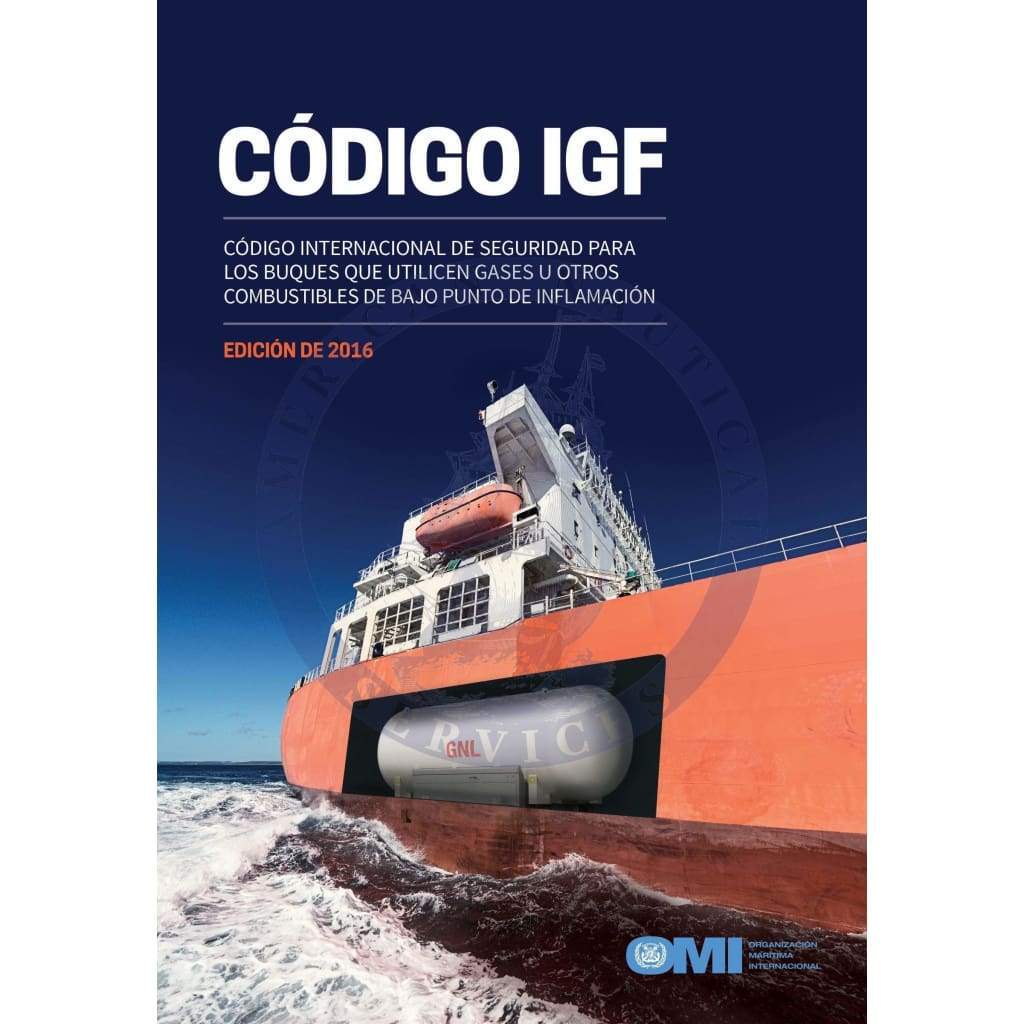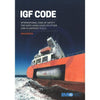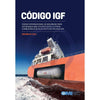The International Code of Safety for Ships using Gases or Other Low Flashpoint Fuels, commonly referred to as the IMO IGF Code 2016, is an essential regulatory framework for maritime safety. This comprehensive guideline is designed specifically for vessels that utilize low flashpoint fuels, ensuring they operate within safe parameters. Implemented on January 1, 2017, the IGF Code introduces mandatory provisions that enhance the safety measures of such ships.
Designed to minimize risks associated with low flashpoint fuels, the IMO IGF Code 2016 focuses on multiple essential aspects including equipment arrangement, machinery installation, and system monitoring. This proactive approach helps safeguard not only the vessels but also protects their crew and the marine environment.
- Ensures compliance with international safety standards for ships utilizing alternative fuels, enhancing operational safety.
- Facilitates better risk management through guidelines on the arrangement and control of equipment to handle low flashpoint fuels.
By adhering to the regulations set out in the IGF Code, ship owners and operators significantly reduce the potential for accidents, spills, and hazardous incidents. The framework provides clarity on safety protocols, establishing guidelines for design, construction, and operation. This is especially crucial as the industry moves towards greener alternatives and seeks efficient fuel management solutions.
Obtaining the IMO IGF Code 2016 is crucial for any maritime operation considering the implementation of low flashpoint fuels. It not only assures compliance but also demonstrates commitment to safety and environmental responsibility. Enhance your ship's safety and broaden your operational capabilities by understanding and integrating the provisions of this vital code.












